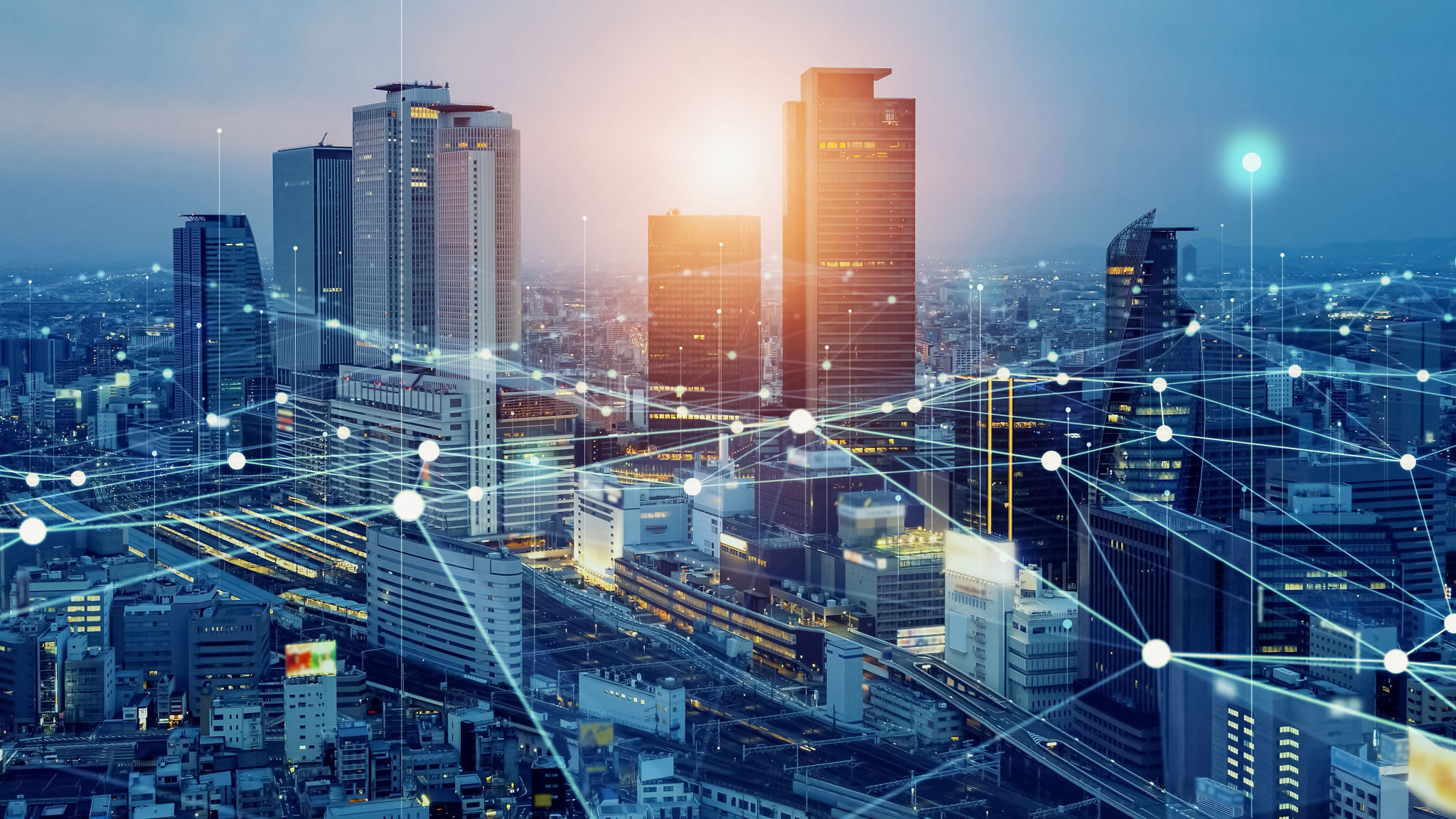The Future of Building Management Systems: Trends and Innovations
Td
Introduction to Building Management Systems
The landscape of Building Management Systems (BMS) is rapidly evolving, driven by technological advancements and a growing focus on sustainability. As buildings become smarter, the capabilities of BMS are expanding, offering unprecedented control and efficiency. This blog post explores the emerging trends and innovations shaping the future of building management systems.

The Rise of IoT in Building Management
The Internet of Things (IoT) is revolutionizing how buildings operate. By integrating IoT devices into BMS, building managers can gain real-time insights into energy usage, system performance, and environmental conditions. These smart sensors and devices enable predictive maintenance, reducing downtime and operational costs.
Furthermore, IoT enhances connectivity within a building, allowing systems to communicate seamlessly. This connectivity leads to more efficient energy management, as systems can automatically adjust to optimal settings based on occupancy and usage patterns.
Artificial Intelligence and Machine Learning
Artificial Intelligence (AI) and Machine Learning (ML) are playing crucial roles in the evolution of BMS. These technologies allow for advanced data analytics, offering predictive insights that can significantly improve building performance. AI-driven analytics can forecast energy consumption trends and suggest ways to enhance efficiency.

Machine Learning algorithms can also optimize HVAC systems by learning from historical data, ensuring a comfortable environment while minimizing energy usage. This results in reduced operational costs and a smaller carbon footprint.
Sustainability and Energy Efficiency
As the world becomes more environmentally conscious, sustainability is at the forefront of building management innovations. Modern BMS are designed to minimize energy consumption and reduce emissions. Renewable energy integration, such as solar panels and wind turbines, is becoming increasingly common in smart buildings.
Moreover, advanced BMS can monitor and control energy usage in real-time, optimizing it for maximum efficiency. This not only lowers utility bills but also contributes to a building's overall sustainability goals.

Enhanced Security Features
Security is a critical aspect of any building management system. The latest BMS innovations include enhanced security features such as biometric access controls, video surveillance, and advanced alarm systems. These features ensure that buildings remain secure while providing peace of mind to occupants.
The integration of AI in security systems enables real-time threat detection and response, significantly improving safety measures within the premises.
Cloud-Based Solutions
The shift towards cloud-based solutions is another significant trend in building management. Cloud platforms offer scalability, flexibility, and remote access capabilities that traditional systems cannot match. By leveraging cloud technology, building managers can monitor and control systems from anywhere, at any time.
This remote access capability is particularly beneficial for multi-site operations, allowing centralized control and management across various locations.

The Role of Data Analytics
Data analytics is becoming an indispensable tool for building management. By collecting and analyzing data from various building systems, managers can gain valuable insights into system performance and occupant behavior. These insights inform decision-making processes, leading to improved efficiency and comfort.
Advanced analytics tools can identify patterns and anomalies, enabling proactive maintenance and reducing the risk of system failures.
Conclusion
The future of Building Management Systems is bright, with numerous innovations on the horizon. As technology continues to advance, BMS will become even more integral to creating efficient, secure, and sustainable buildings. Embracing these trends will not only enhance building operations but also contribute to a more sustainable future for all.
